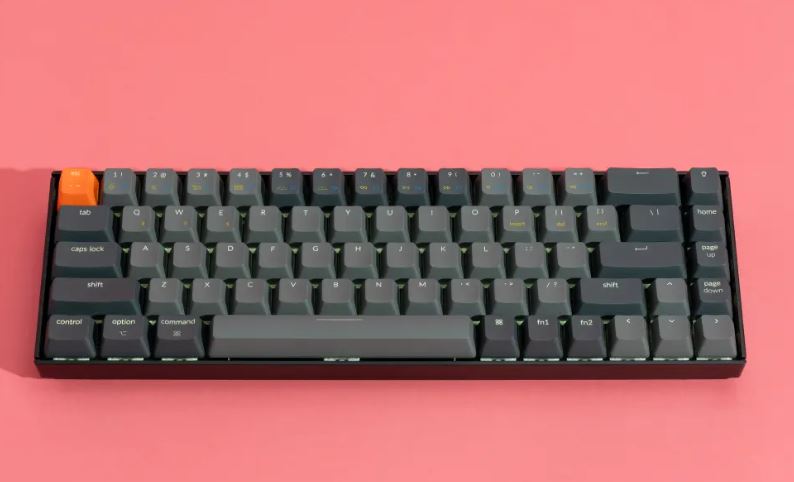In the realm of computer peripherals, mechanical keyboards stand out as beloved accessories cherished by enthusiasts for their tactile feedback, durability, and customizable features. While off-the-shelf options are readily available, the world of custom mechanical keyboards offers a realm of endless possibilities for those seeking a personalized typing experience. From selecting individual components to fine-tuning every aspect of their keyboard, enthusiasts can embark on a journey of discovery and creativity. In this comprehensive beginner's guide, we will delve into the fundamentals of custom mechanical keyboards, exploring the components, customization options, and community resources that define this vibrant subculture.
Understanding Mechanical Keyboards
Before diving into the world of customization, it's essential to understand the basics of mechanical keyboards. Unlike their membrane counterparts, mechanical keyboards utilize individual switches for each key, resulting in a distinct tactile and audible response with every press. Switches come in various types, each offering different characteristics such as actuation force, tactile feedback, and noise level. Common switch brands include Cherry MX, Gateron, and Kailh, with enthusiasts often gravitating towards specific switches based on personal preferences.
Components of a Custom Mechanical Keyboard
Building a custom mechanical keyboard involves selecting and assembling several key components, each contributing to the overall functionality and aesthetic appeal of the final product. These components include:
-
Keyboard Case: The outer shell that houses the keyboard's components and provides structural support. Cases come in a variety of materials such as aluminum, plastic, and wood, with different designs ranging from minimalist to elaborate.
-
PCB (Printed Circuit Board): The PCB serves as the backbone of the keyboard, connecting the switches to the controller and enabling keypress registration. Custom PCBs offer features such as programmability, RGB lighting, and hot-swappability for easy switch replacement.
-
Switches: The heart of any mechanical keyboard, switches determine the typing experience by dictating the feel and sound of each keystroke. Enthusiasts can choose from a wide range of switch options, including linear, tactile, and clicky variants, to suit their preferences.
-
Keycaps: The visible and tactile interface between the user and the keyboard, keycaps come in various profiles, materials, and designs. Custom keycap sets allow enthusiasts to personalize their keyboard's appearance and feel, with options ranging from sculpted ABS to high-quality PBT plastic.
-
Stabilizers: Stabilizers ensure smooth and consistent keypresses for larger keys such as the spacebar, shift, and enter keys. Upgrading to aftermarket stabilizers can improve typing feel and reduce key wobble, enhancing overall typing performance.
Customization Options and Modifications
One of the primary appeals of custom mechanical keyboards lies in the ability to tailor every aspect of the typing experience to personal preferences. Enthusiasts can explore a myriad of customization options and modifications, including:
-
Lubrication: Applying lubricant to switch components and stabilizers reduces friction and noise, resulting in smoother keystrokes and improved typing feel. Proper lubrication techniques vary depending on the switch type and personal preferences.
-
Sound Dampening: Installing sound-absorbing materials such as foam or silicone dampeners inside the keyboard case can reduce noise and minimize resonance, creating a quieter typing experience ideal for shared workspaces or late-night gaming sessions.
-
Switch Swapping: With hot-swappable PCBs, enthusiasts can easily swap out switches without soldering, allowing for experimentation with different switch types and brands to find the perfect match for their typing style.
-
Custom Cable and Accessories: Enhance the visual appeal of your custom keyboard with custom-designed cables, artisan keycaps, and themed accessories that reflect your personality and aesthetic preferences.
Joining the Mechanical Keyboard Community
The world of custom mechanical keyboards is not just about building and modifying keyboards—it's also about community and camaraderie. Joining online forums, social media groups, and Discord servers dedicated to mechanical keyboards allows enthusiasts to connect with like-minded individuals, share knowledge, and gain inspiration for future projects. Community-driven events such as group buys, meetups, and keyboard design competitions further foster a sense of belonging and collaboration within the hobbyist community.
